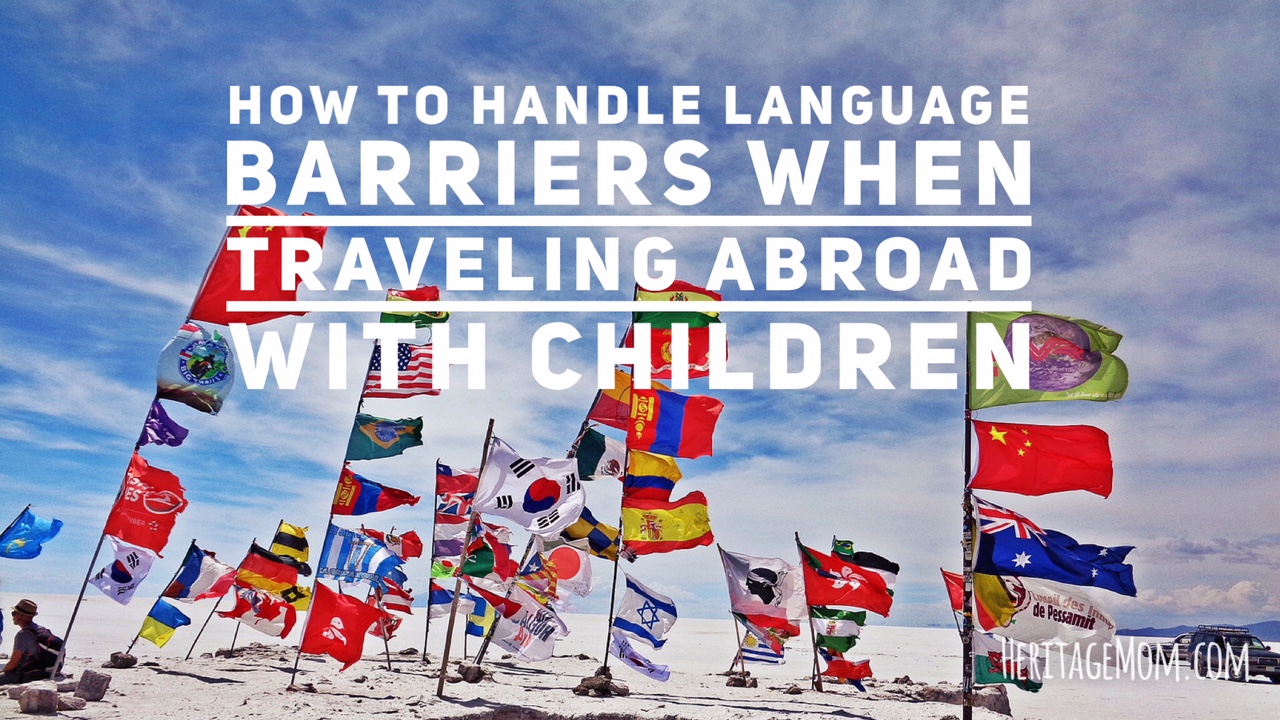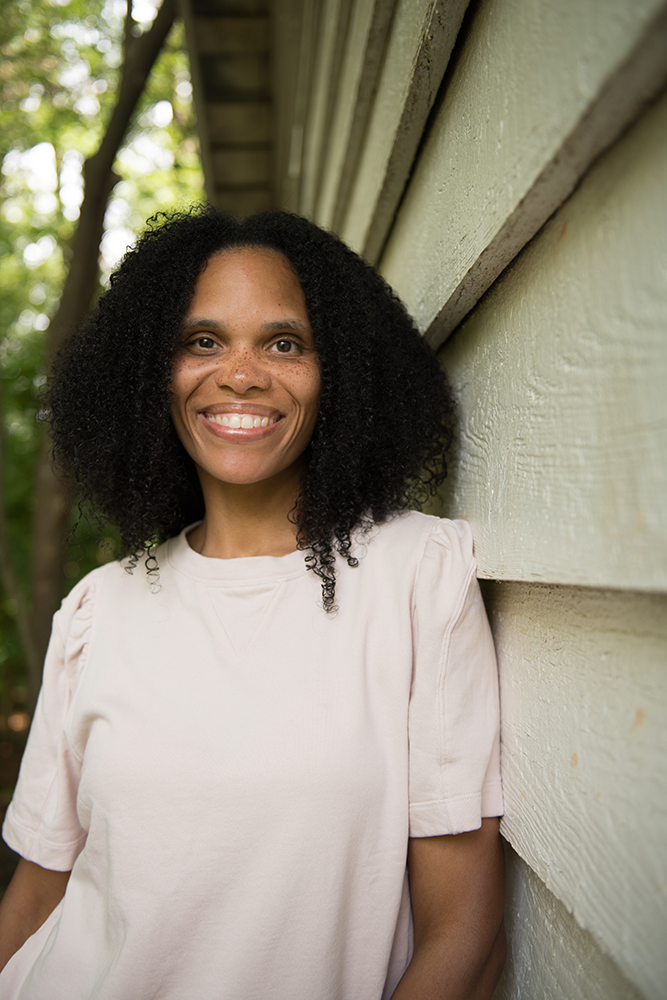I can speak some Spanish, but I don’t truly speak Spanish. I’m painfully reminded of my inferior language abilities daily in Bolivia, and I’d totally be lying if I didn’t admit that it’s hard and stressful at times. However, it’s not like any of this came as a surprise. I knew that Bolivia was a Spanish-speaking country, and I had 18 months to plan ahead prior to arriving. For a year and a half, I made some feeble attempts to hone my vocabulary – mostly just going through a Duo Lingo app lesson whenever it pinged my phone to let me know how behind I was in my lessons. The kids also worked with an expensive (for us) native Spanish-speaking teacher weekly in our home. But honestly, none of that has even mattered.

The truth is, unless you’re going to take the time and concerted effort to really learn the language, you may as well just get the basics down and go with it. All of the hours of lessons for the children has resulted in them freezing up, giggling, and looking up at me whenever anyone addresses them in Spanish, which is every single day. And me? Well, that app helps me speak Spanish quite well when I’m sitting up in the leisurely comfort of my bed in the USA, but it hasn’t done jack for me down here.
Because this is real life.
Down here, I don’t have the gift of time to sit and think. I also don’t have multiple choice options from which to choose. I have to come up with original thoughts and sentences quickly while people are waiting. The waiter is waiting for my order, the grocery clerk is waiting for my payment, the taxi driver is waiting for directions, and the cars behind him are waiting for us to get out of the way. The gardener is waiting to borrow a tool, the person on the bus is waiting for me to scoot over, the dance teacher is waiting for me to choose a class schedule.
Everyone is waiting. For me. To speak. En español por favor.
So how are we getting along since virtually no one speaks English here? I do my absolute best to say what needs to be said, and everything is usually fine. Are there times when miscommunication causes issues? Absolutely. ALL THE TIME. But, it is also very rewarding when I have a conversation in Spanish with a stranger who becomes a new friend. I don’t let the language barrier stop us from going places or trying new things.
I do confess that when I see an American, I verbally throw up on them with the excitement of mindless quick-flowing conversation. I literally get giddy when I can just say what I want to say in English quickly and easily. But I think that’s only natural. It doesn’t negate the fact that I’m actually enjoying the challenge of sharing my thoughts and learning from others in Spanish. Both can be true.
Now that I’m experiencing the reality of being forced to speak another language day in and day out, here is my advice to others who are considering international travel with children when a language barrier is likely to exist:
- Do all you can to learn the basics in your target language before leaving home. Knowing key verbs, adjectives, and nouns is extremely helpful. Knowing all of the little connector words and grammar rules is super extra. My Spanish is not good, and I’m fully aware of that. However, nobody is looking at me like I’m completely nuts, at least not usually. I’m able to get the job done with my basics. Half of the communication mistakes I’ve made here are related to regional colloquialisms that no amount of preparation would’ve helped. Plus, as Americans, we’re typically taught Mexican Spanish. Bolivian Spanish is very similar, but all of the words are not the same. I ordered tortas con queso {cheese sandwiches} when we first arrived, and they brought out cheesecake. Tortas are sandwiches in Mexico. Tortas are cakes in Bolivia. Oops!
- Hire a native speaker in the new country when you arrive. Language classes and tutors are typically much less expensive in a country that officially speaks your target language. I’m paying $11/hour for a professional tutor to come to our home here 3-4 days a week to work with my children. I paid $45 for 45 minutes once per week back home. As you can imagine, the kids are getting much better with 3-4 hours a week with a tutor vs. just 45 minutes. Plus, everything they see and hear when we’re out of the house is in Spanish. They’re soaking it up. Admittedly, they aren’t using their Spanish with others as much as I’d hoped, but it’s coming. They get just as nervous as I do, but they have the choice to clam up while I do not.
- Get your mind right. Decide your goals up front. Personally, I want my family to be able to communicate with others. Period. I want the cultural divide to be minimized. I want the children to be able to show love and build connection beyond our neighborhood. This does not require the ability to conjugate verbs perfectly. I hope we all get there someday, so I’m not minimizing fluency. I’m just saying that we don’t have to wait for perfection later when we can experience community with our “good enough” Spanish now.
- Do your absolute best to speak in the target language at all times while in another country. Even if you know that you sound horrible, your mere effort will mean a lot to the local people. In case you didn’t know, Americans have an international reputation of being conceited, privileged, and entitled. Nothing upholds that stereotype more than strolling into a country and insisting on speaking English without even attempting to communicate in their language. It’s ugly, and I refuse to be like that.
Don’t let your inability to speak the local language stop you from taking an adventure. The basics are important and will take you far. Focus there, pick up what you can along the way, and feel inspired to continue learning. I’m trying to raise lifelong learners, and as they say “the easiest way to raise one is to be one.”
Adios! No wait…goodbye is chau in Bolivia. See? Just go for it!






0 Comments